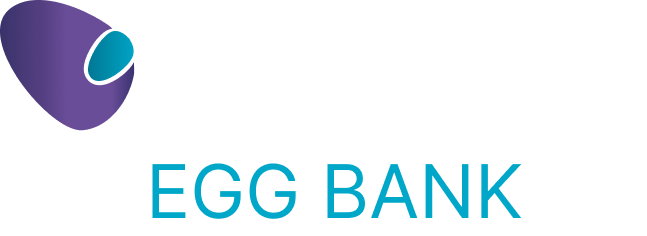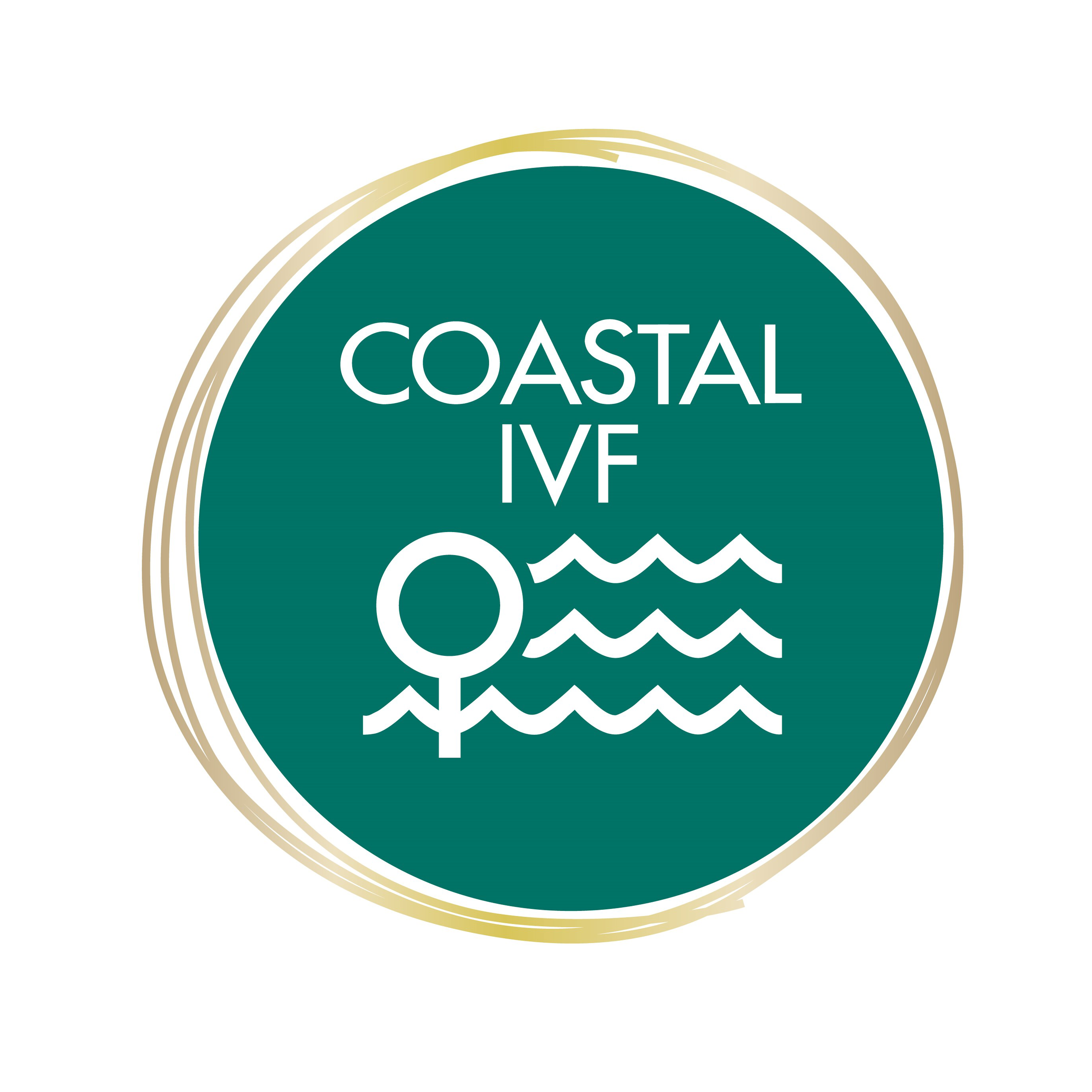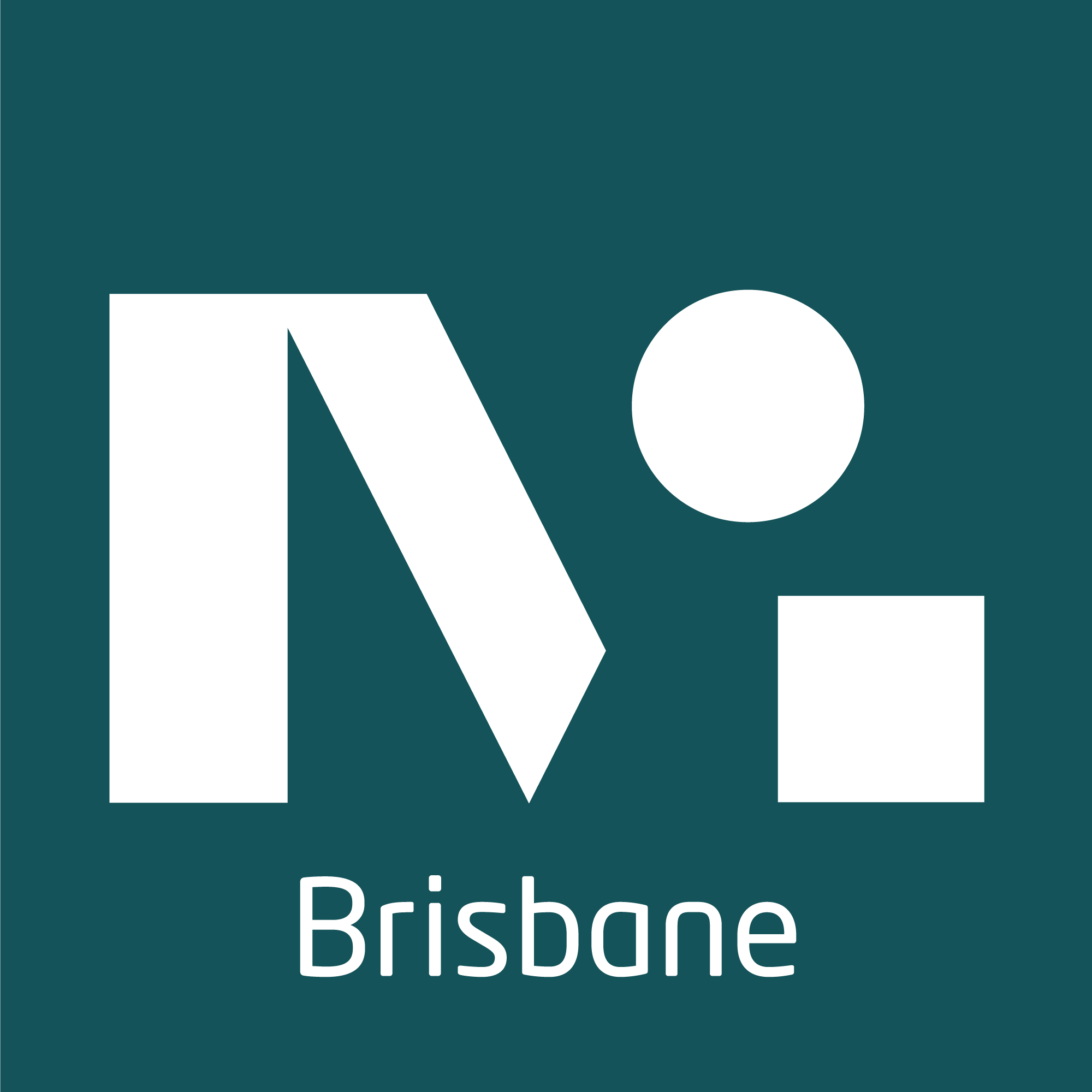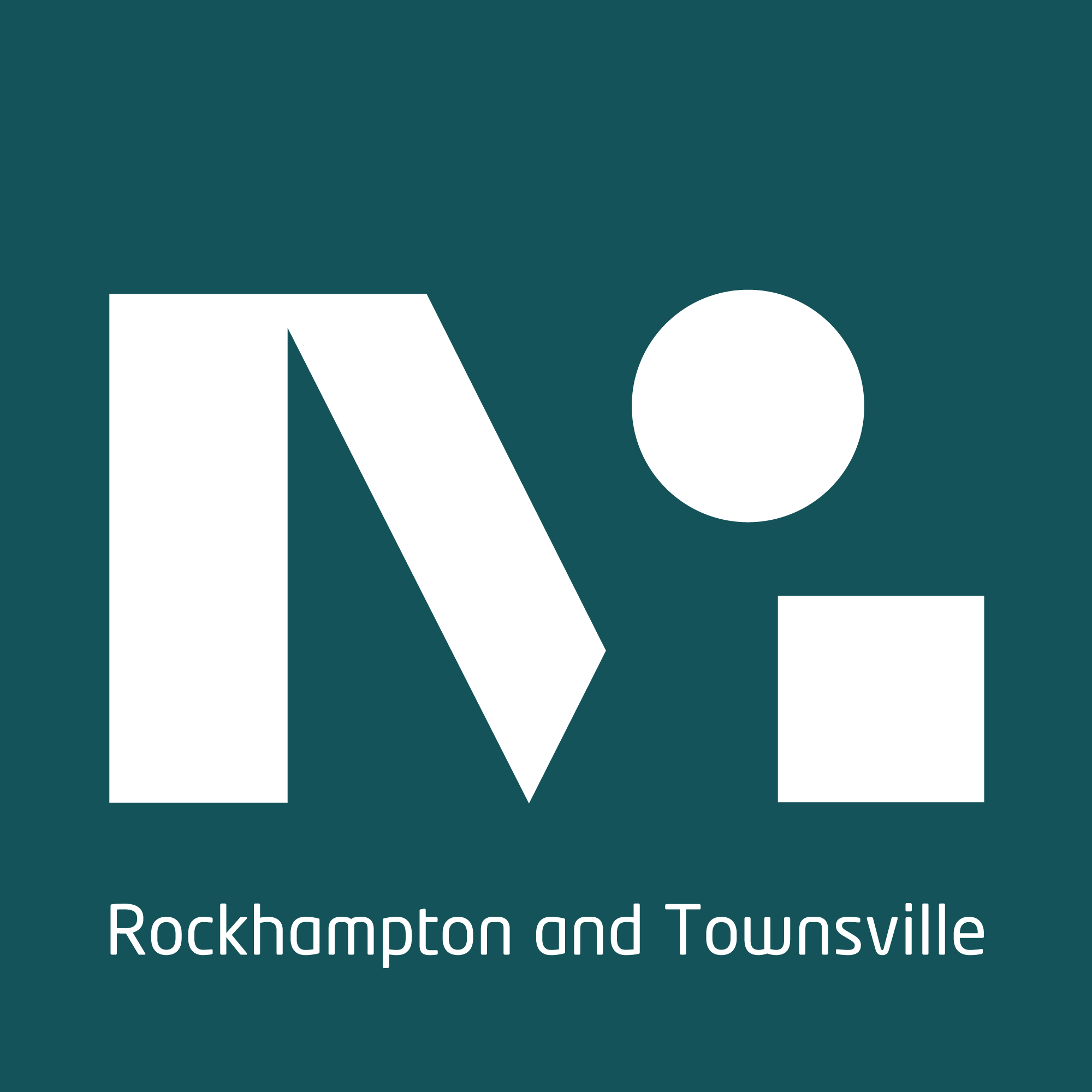Egg donation is a personal and complex journey for both donors and recipients. In Australia, this process is governed by legal and ethical guidelines designed to protect everyone involved—the donors, recipients and even the children.
Central Egg Bank is proud to meet the highest Australian standards. This means that you can access our egg donation services right here in Australia, with confidence that all standards and legislations have been adhered to.
This guide will help you navigate the legal and ethical considerations surrounding egg donation in Australia, including understanding the responsibilities and rights of everyone involved.
Is egg donation legal in Australia?
Yes, egg donation is legal in Australia. However, the process is heavily regulated to ensure everyone’s safety, rights, and well-being.
Australia does not have a single federal law regarding egg donation – instead, each state and territory has its own legislation. These laws must align with national policies, such as those set by the NHMRC’s 2017 ethical guidelines and the Reproductive Technology Accreditation Committee (RTAC) of the Fertility Society of Australia (FSA).
What this means for donors and recipients
If you’re considering using donated eggs, please ask your fertility clinic for detailed information regarding egg donor laws. They will be up-to-date with the relevant state policies and guidelines.
Clinics in Victoria, South Australia, Western Australia, and New South Wales have centralised donor registers, while Queensland and Tasmania do not have specific legislation governing donor conception. However, the Queensland government is considering introducing a central register in the future. A donor register in the ACT will commence in March 2025.
Is egg donation in Australia altruistic?
Egg donation is centred on kindness and helping others. While donors aren’t paid for their eggs, they can be reimbursed for any reasonable out-of-pocket expenses, ensuring that all egg donations are altruistic.
This approach guarantees that the choice to donate stems from goodwill and compassion rather than financial motives. It also protects recipients by following strict guidelines and making sure the process aligns with state legislation and regulations.
To further safeguard donors, Australian law requires all potential egg donors to undergo a psychological assessment and counselling with an ANZICA registered Counsellor. That way, donors fully understand the emotional and legislative implications of their decision. It also helps them make informed choices that align with their values and well-being.
What should I consider when using donor eggs?
When considering donor eggs, it’s crucial to have an open conversation with your partner and specialist to ensure everyone is aligned and well-informed. One point that will be discussed within your counselling sessions is whether or not to tell your child about their biological identity. Most fertility clinics and counsellors advise that being open with your child is the best approach.
Another concern is how your child might look. Some parents worry that their child may not resemble them, leading to awkward questions from others. Your baby may have different features, like eye colour or facial shape, but remember that children often pick up many traits from their parents, like their laugh or mannerisms.
Read: How to manage emotional challenges if using donor eggs.
What are the legal requirements for the egg donor?
In Australia, IVF clinics and state governments must keep all identifying information of all egg donors. This includes medical and family history and the number and gender of children born from the donated gametes.
Once a child conceived through egg donation turns 16 or 18 (depending on which state they live in), they have the legal right to access that information, including identifying details about the donor.
Consent and withdrawal
In accordance with state legislation, donors can withdraw or modify their consent for donation before embryos have been created and transferred. They are also entitled to receive non-identifying information about the recipient, such as the number, age, and gender of the children born using their eggs.
Limits on donation
To prevent the risk of creating large numbers of biologically related children, Australian law limits the number of families that a single donor can donate to. For example, in Victoria, donors can donate to up to 10 families, including their own, while in New South Wales, the limit is five families, also including the donor’s family.
Will the egg donor have legal rights to my child?
No, the egg donor will not have any legal rights or responsibilities toward the child born from their donation. As per Australian requirements, legal agreements are in place to make sure that everyone understands their roles and responsibilities. It’s clearly stated within these contracts that the child is legally the recipient’s, and the donor has no parental rights or claims.
What are my legal rights?
As a recipient, you have the right to access certain information about your egg donor. Central Egg Bank, for instance, can provide:
- Family history.
- Genetic test results.
- Information about the donor’s physical characteristics.
You can learn more about our donors here.
What will my child’s legal rights be?
Children born from donated eggs in Australia have the right to know where they came from. Depending on the state, once they turn 16 or 18, they can access identifying details about the donor, provided the donor has given consent. This right is a key part of the legislative rules for egg donation in Australia. It ensures that people can access information about their biological background, which can be important for emotional and medical reasons.
What information will my child have access to?
Your child can access the donor’s medical history that was provided by the donor, physical characteristics, and any genetic test results. If the donor has given permission, your child can also receive identifying data about any siblings conceived from the same donor.
Understanding the legal and regulatory conditions of egg donation in Australia is essential for anyone considering this path to parenthood. The laws safeguard everyone involved—donors, recipients, and children—ensuring the whole process is followed correctly and handled with care and respect.
If you have any questions about egg donation, contact us at Central Egg Bank. Our team of experts is here to guide you through every step, offering support, expertise, and peace of mind as you explore your options.

















